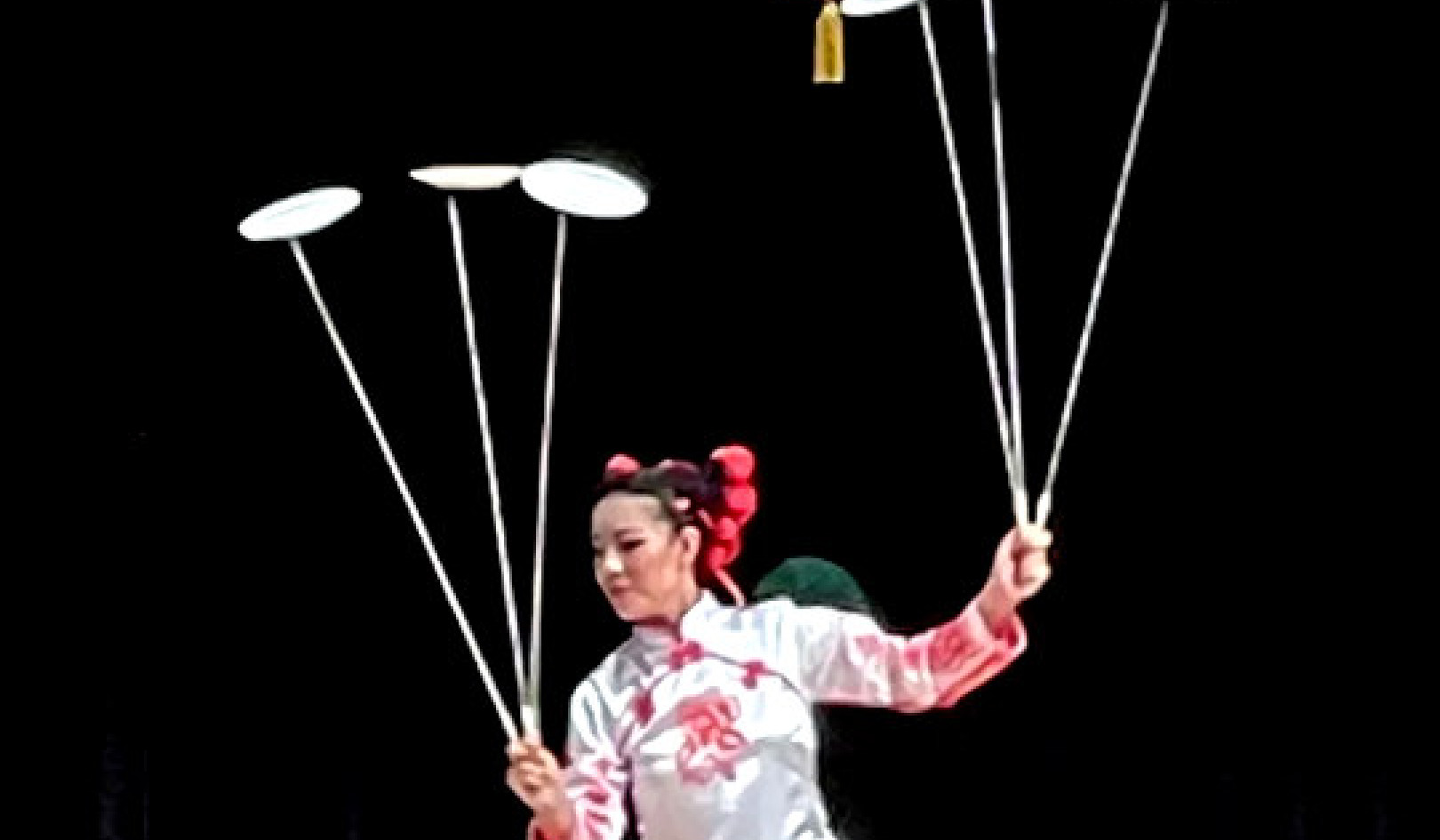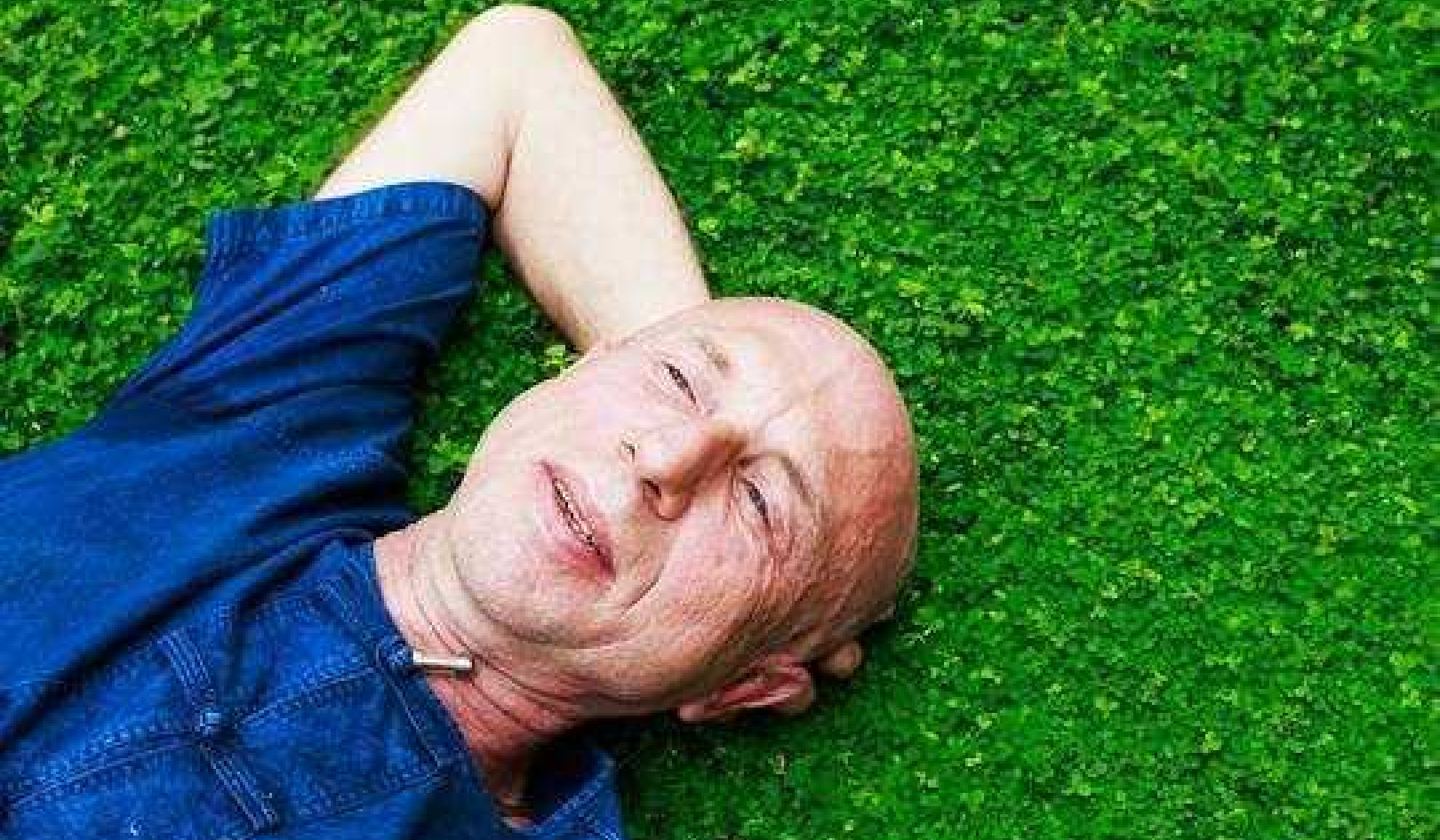
Viktor E. Frankl's book, Man's Search for Meaning, made a great impression upon me. In it, the Jewish psychologist recounts his experiences in a concentration camp during World War II. The most fascinating aspect of his account is his explanation of how he survived the most horrific circumstances by understanding that no one could take away his freedom of thought.
Frankl maintained that the prison guards could have done whatever they wanted, and though he remained a prisoner, his inner self would always be free. He always had the freedom to think whatever he wanted to think; a freedom no one could take from him. I recommend this book highly to those of you who are seeking greater freedom of thought, especially those who find themselves in difficult or painful situations.
The Importance of Goals
Frankl also writes about the importance of having a goal, something to look forward to, a reason to survive in the camp. For some it was reunion with relatives after the war, or revenge on the prison guards. Goals that are important to us give us power to live.
I reached a new level of understanding of the importance of goals and thoughts during the first "Ski for Light" competition in the United States. I was to escort Jean Emere. Thirty-two years old, he had previously been on France's downhill ski team with the Olympic gold medallist, Jean-Claude Killy, but Jean Emere was now blind. We were to train together for the competition set to take place one week later, in which seventy-two blind cross-country skiers would participate.
My job was to ski the track next to Jean and to tell him the length of the downward slopes and whether the track veered left or right. On the first day of training, after skiing a couple of miles, I heard a terrible sound from Jean's lungs, as if he couldn't breathe. Stopping him, I said, "You can't go on in this condition. I'm so worried hearing you breathe like that."
"You don't understand what this is about," he responded. "I'm a diabetic, and I haven't much time to live. I'm determined to win next week!" There was no misunderstanding the man; he knew what he wanted. My only question then was whether his shortness of breath was connected with his diabetes. "No," he replied. "It came from too much smoking and drinking."
We agreed that if he would stop smoking and drinking until after the competition, I would get up at dawn every morning and train with him so that he could have the best chance of winning. What an exhausting job! We hardly rested. Jean's eyes and nose were running all the time; once, he even lost his false teeth in the snow. One afternoon he asked me to describe the sun on the mountains and the shadows on the snow. He told me about the school he had started for blind teenage skiers. We huffed and puffed onward, but we made continual progress.
Dare to Live
One day, after intense training, all the blind skiers and their escorts met at the foot of the slalom slope. Jean was to give us a show. He skied full speed down the slope and did not one, but two somersaults. That's when I understood that I was the one who was handicapped, not him. I'd never done anything daring, choosing instead to live a calm, safe life. At that moment I wondered if I had ever really lived. As I thought about Jean's goals, I realized that I didn't even know what I wanted from my life.
As it turned out, Jean placed second in the race. He lived two more years. I went home to New England and shared this experience with anyone who would listen. Few did, but I found so much substance in Jean's story that it didn't matter. He had made me realize that those of us who don't dare to live are the truly handicapped in this world.
What Do You Really Want?
At home, I sat and made a sketch of the life I wanted. Jean had given me the first tenet: I had to decide exactly what I wanted, so that its validity was absolutely unquestionable. I knew I wanted to do something that would enlighten others and myself. I understood also that I could give more to other people by first developing myself. I wanted to fulfill my potential and be honest with myself, because I knew that I could give my best and attract the best only with total honesty and commitment.
I realized too that I had to take some risks and dare to do what scared me. I wanted to exceed my own limits and experience genuine freedom before I died. Death became an inspiration! If anything was completely certain, it was that I was going to die one day, so my challenge became living and giving something of value along the way. It was important to me to view myself as a creative individual. l wanted to fill my life with love, which I believed could best be achieved by accepting myself and accepting others just as we are.
It became clear that I wanted to help people find their own way in life, and help them attain the goals they set for themselves. Since then, it has given me great pleasure to watch people succeed at reaching their goals, and to celebrate triumph after triumph with my clients. Like them, I've faced the things I'm afraid of, continuing despite fearful feelings, which eventually relaxed their hold.
Jean taught me that life is very short, and we mustn't wait too long before mapping out our way. So, what do you want to give to yourself and others in the course of this very short time? What are you waiting for?
Dare To Be True To Yourself
"This above all, to thine own self be true;
And it must follow as the night the day,
Thou canst not then be false to any man."
--William Shakespeare (Hamlet)
If you're true to yourself, you'll be true to others; if you're not true to yourself, your relationships won't be true either. Outer life happens in parallel with your inner life. If you want to be honest with others, you've got to be honest with yourself first. Do you want the people in your life to be honest? Do you want to be honest and speak the truth from your heart? In the New Testament it is written, "And you shall know the truth and the truth shall set you free." (John 8:32)
Truth emerges from our hearts when we're calm, only then do we really know it. Our feelings are intelligent, and they give us the information we need to find that place of calm, of knowing what's right for us. That's living from the inside out.
We learn much that isn't true, and we're taught to ask the world what's right for us. We're encouraged to live from the outside in, a life dictated by the outer world. Not until we look to our hearts to provide us the truth can we know real honesty and become the active leaders of our own lives.
Living Authentically
Tapping your emotional intelligence helps you to live authentically by listening to your heart and your head and combining the two. Your truth creates trusting connections with other people, and connects you to your own destiny and to what's meaningful to you.
We are all individuals, and each of us has different goals. What feels right in your heart is what's right for you. You're not being self-centered when you ponder the issue of what you want and don't want; it's a simple question of honesty. Being honest with yourself and others is the best foundation for being generous with the world. Allow yourself to think and dream. Most importantly, be honest about what's important to you! And then give life to your dreams!
Some of my most gratifying moments occur when people I'm coaching discover deep in their hearts what's most important to them, what they want to be doing for the rest of their lives. This is why I urge you to write your thoughts on paper. Almost magically, strength and clarity come from articulating your goals, like lifting a veil from your soul and giving it clear directions about where to go.
Leading Your Own Life
Your subconscious can't receive clear instructions if you only "sort of" know what you want. The automatic pilot within you can't guide you forward before you've clearly articulated your goals. Too many people refuse to invest the time necessary to discover what's important to them.
If you don't lead yourself, there are plenty of people around who'll try to do the job for you. They'll tell you what you "ought to" and "ought not to" do, according to what they consider important, but no one can take over that position unless you give them the opportunity.
There's Magic in Writing Down Your Goals
In 1953, a new group of students entered Yale University. Three percent of them had clearly defined and expressed goals. Twenty years later, these 3 percent had achieved more of their goals than the 97 percent who hadn't been clear about their objectives. Again, there's a kind of magic in writing down your goals; they take on a more powerful life when they're put on paper, somehow making your dreams more real. Inexplicably, doors begin to open: you connect with just the right person; ideas about how to achieve your goals emerge from unexpected sources.
Life takes on new meaning when you can "see" with your inner eye that you're moving closer to your goal. This awareness points you in new directions, opening you to new ways of achieving your aims. A special harmony arises between your inner voice and the world around you.
While you might not always be sure of your direction, you can trust your inner voice to lead you to your destination. Visualizing it clearly means you're on the right path toward your goal, and your goal is on its path toward you. In contrast, losing sight of your goals is like losing the force that moves you forward in life.
I can't emphasize enough that no matter how you define success, it's a fundamental requirement that your goals come from your heart. Your goal, however, mustn't become an obsession. There's a fine line between being true to your goals and letting them consume you. Often, we do the latter at the expense of success. After you can visualize, articulate, and plan reasonably, you need to learn to relax and let things develop naturally. Finding the passion and the faith with which to nourish your dreams assures you a better future.
The Journey Is The Reward
"Of course we have our goals in life,
but it's the journey itself that's worth the strife."
-- Karin Boye, Swedish poet
When an old friend asked me how I was doing, I told him I was thoroughly enjoying the journey. "So," he replied, "you've discovered that the journey, not just reaching your goals, holds the true meaning in life?" "Yes," I said, "but the journey wouldn't have been as meaningful if I hadn't had clear goals to guide me."
Learn to enjoy your journey, while remembering that everyday life takes on more meaning when you have goals to lead you. Goals give your journey direction, hope, faith, and a sense of purpose that might otherwise be missing from your life.
It's important to remember that you're not simply a product of the goals you achieve. It's the process and the journey you follow in pursuit of your goals-regardless of whether you reach them-that truly defines you.
Uncovering New Goals Deep In Your Heart
I encounter many people who lack energy and seem to have lost the ability to enjoy life. Usually, they're in their forties and fifties, though other age groups are certainly not immune. They begin to get tired and lose interest in their endeavors. If this resonates with you, perhaps it's time to reexamine your life.
It's not enough to have goals from long ago that have stayed with you but have lost their attraction, intensity and power to inspire you. Ask yourself what excites you today, at this very moment. What makes you happy? What do you hold most dear? What part of your work do you most enjoy?
By answering these questions you challenge yourself to plan a life that nurtures the growth of what's most important to you. In order to be successful, you have to engage in activities that resonate with your soul, shedding the "I should's" and embracing the "I want to's."
It's crucial that you uncover goals buried within your inmost self, your heart and soul. When you do, a new energy will emerge, giving you the desire and the strength to create a life full of self-expression. No matter your age, giving life to your core goals will add to your everyday life a richness that's not possible unless you're pursuing what's truly important to you.
Heed the call and dare to live.
Reprinted with permission. ©2001.
Published by Cypress House, www.cypresshouse.com
Article Source
The Art of Leading Yourself: Tap the Power of Your Emotional Intelligence
by Randi B. Noyes. Full of case studies, exercises and practical advice, "The Art of Leading Yourself" will help you identify what you really want out of life and then develop the emotional tools to ensure you achieve those desires. The results can be truly amazing. As you become aware of your feelings, you will: recognise and overcome obstacles; create fulfilling relationships; motivate yourself and inspire others; become a true leader, not a follower.
Full of case studies, exercises and practical advice, "The Art of Leading Yourself" will help you identify what you really want out of life and then develop the emotional tools to ensure you achieve those desires. The results can be truly amazing. As you become aware of your feelings, you will: recognise and overcome obstacles; create fulfilling relationships; motivate yourself and inspire others; become a true leader, not a follower.
Info/Order this paperback book. Also available as a Kindle edition.
About The Author
Randi B. Noyes is a pioneer in the practical application of emotional intelligence and president of Leadership International, Inc., a leadership consulting firm. For over twenty years, Randi has provided leadership coaching to hundreds of top executives and corporate clients in all industries. Based in Boston, Massachusetts and Oslo, Norway, she can be reached at: www.leadership-international.com.
























